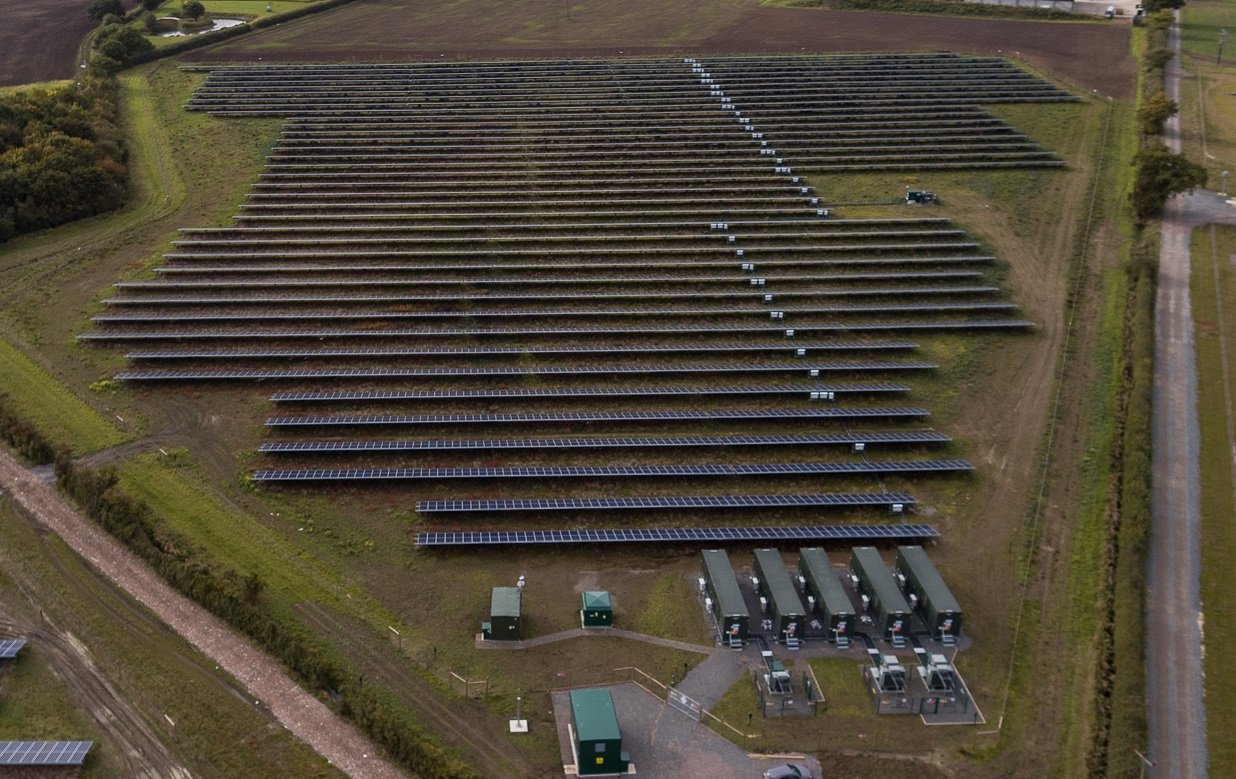McDermott continues its dialogue with renewable industry leaders to provide the latest market updates on the disruption, challenges and opportunities COVID-19 presents to the industry.
This week, we focused on the energy storage market and hosted Chris McKissack, CEO at GlidePath Power Solutions. Glidepath was an early mover in energy storage. GlidePath is now one of the largest energy storage developers and independent power producers in the US, with over 100MW of commercially operating battery projects, 445 MW of battery storage and renewable energy projects, and 2.1 GW of greenfield development pipeline of battery storage projects across the US. We had an engaging discussion spanning the benefits of being an early mover in the storage space, the current state of the dynamic energy storage market, and successful strategies you can use to approach the opportunities and challenges stemming from COVID-19.
1. Batteries Can Now Serve as “Shock Absorbers” for the Grid
Batteries are capable of doing much more than just “energy shifting,” where a developer simply stores energy from a solar project from one time of day and dispatches it onto the grid at another time of day. For instance, we are now able to place stand-alone batteries closer to load than most large-scale wind and solar projects. This provides an opportunity for frequency response and regulation in that it allows grid operators to dispatch generators more efficiently. This is important to today’s market. 60 years ago, we had an unpredictable load, but very predictable generation. You could ramp-up and ramp-down generation by turning a dial. Today, we have more and more intermittent resources and renewables dispatching the grid resulting in more demand response. We now have both unpredictable load and unpredictable generation, making it much more difficult for the operators of the grid to balance the two. There is an opportunity for batteries act like shock absorbers for the grid and keep things stable.
2. Batteries Remain Key to Energy Shifting and Financial Energy Arbitrage
Despite the versatility of batteries, energy shifting remains an important use for batteries, particularly for financial energy arbitrage. Batteries provide an opportunity for load customers to marry their purchase of energy with their load and shape it to a particular financial profile. We see a lot of this usage by datacenters today and this trend will continue.
Read More: National Law Review





